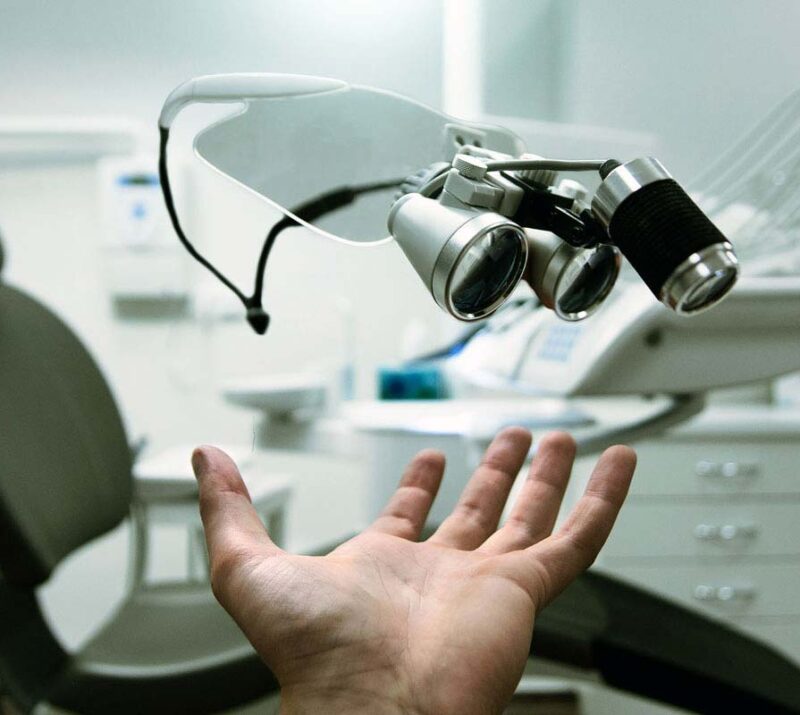

PROJECT DETAILS
- Hospital Name Prabhu Netralaya
- Doctor Dr. Ankit Gupta
- Surgery Barrage
- Date August 16, 2024
- Diseases Barrage
- Categories Laser Treatment
- Location Rudrapur
WHAT IS BARRAGE LASER TREATMENT
WHEN DO I NEED BARRAGE LASER
During routine retina checkups, if the retina is found to have weakened areas as mentioned above, the retina specialist may advise barrage laser. The other indications can be before a refractive procedure like LASIK or when the patient has a family history of retinal detachment.
WHAT IS THE PROCEDURE AND HOW MUCH TIME DOES IT TAKE FOR THE TREATMENT
Barrage laser can be done as an outpatient procedure, without getting admitted to a hospital by a retina specialist. DIlating drops are instilled at the start of the procedure followed by topical anaesthetics in the form of eye drops. The laser is done while sitting or in lying down position. The doctor uses a specialised contact lens over the patient’s eyes before giving laser shots. This procedure usually takes 15 to 30 minutes to complete, depending on patient’s co-operation and complexity of the lesions.
WHAT IS THE RECOVERY TIME POST BARRAGE LASER TREATMENT
Post procedure, patient may feel mild pain and blurry vision, which recovers within 1-2 hours. As it is an outpatient procedure, the patient can go home the same day and continue with their daily activities apart from driving on the day of procedure. Post laser, few eyedrops will be prescribed which needs to be used for 2 weeks and follow up thereafter.
WHAT TO EXPECT POST LASER TREATMENT
Mild eye pain and headache which improves with medications. Blurry vision which recovers in 1-2 hours. If the patient experiences severe pain, swelling of eyes, persistent drop in vision, increased floaters(spots in front of the eye) and flashes of light they should report immediately to the hospital.


Indications and Evidence
The barrage laser is an Argon Laser treatment done to strengthen the part of the retina which may show weak areas. After this laser treatment, in about a week’s time, it is usually safe to undergo LASIK.
The need for barrage laser is found out during the LASIK evaluation. One of the tests done before LASIK to determine if LASIK is suitable for you is the retinal examination. This is always done under dilation of the eyes (pupils). The examining eye surgeon will need to make sure that your retinal is healthy and has no weak areas before you consider undergoing a LASIK or laser eye surgery.
Even in routine eye checkups where the eyes are dilated, the aim is to look for a healthy retina. Any areas which are suspect of weakness need to be strengthened to avoid a more serious issue in the eye, that of a retinal detachment.
If there is any sign of a weak area or degeneration (lattice) or retinal holes in the retina, then this weak area could worsen after LASIK, hence one may need to strengthen it using the Argon laser.
The usual cause of the weak retina is in those with high Myopia or minus spectacle powers. Higher the minus power or myopia, the thinner is the retina that coats the inner layer of the eyeball. The thinner the retina, the weaker it may be, resulting in Lattice Degeneration or retinal holes.
There are some specific tests to be done before an Argon laser in other diseases such as diabetic retinopathy or hypertensive retinopathy, which is usually a Fundus Fluorescein Angiography. This test is not needed for conditions such as retinal holes or lattice degeneration.
OCT test may also be necessary to diagnose some other specific retinal diseases. If the LASIK surgeon sees any retinal issue which seems complicated, he will recommend seeing a retinal surgeon.
However, please remember, the nature of the retina cannot be changed. Only you need to be more vigilant and regular with your ophthalmic examinations to be able to benefit from preventive management of retinal emergencies.


